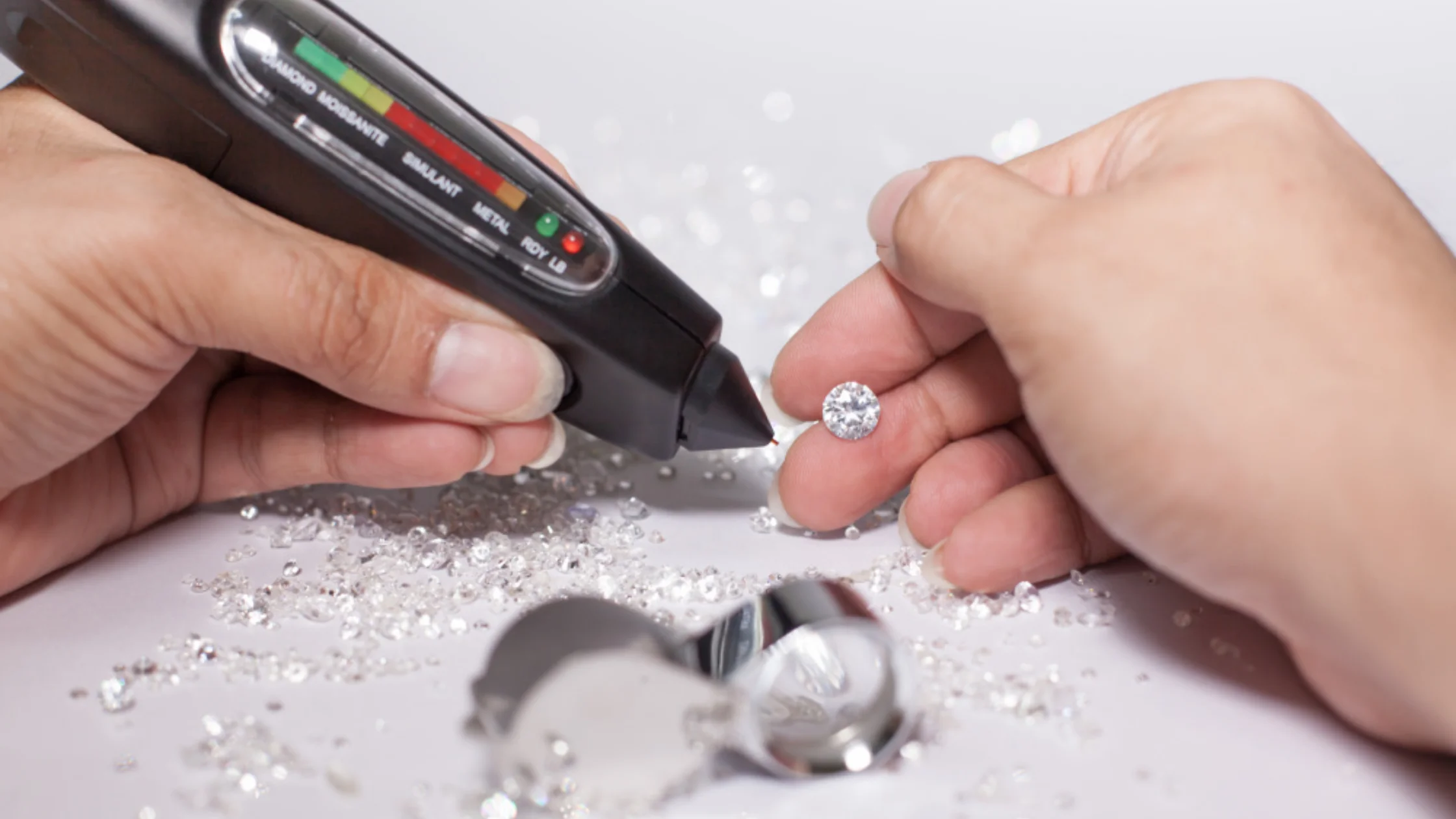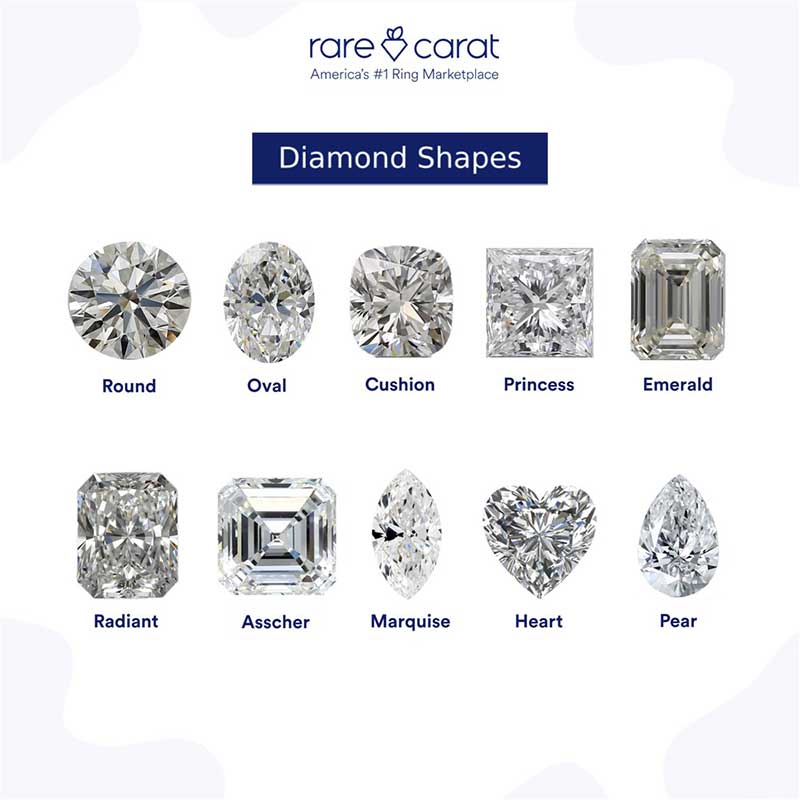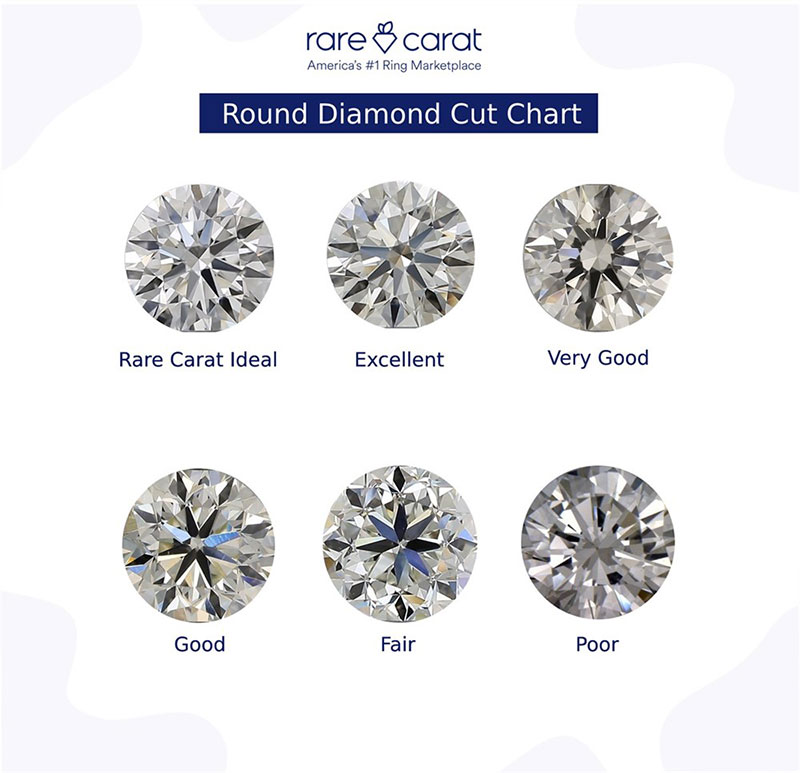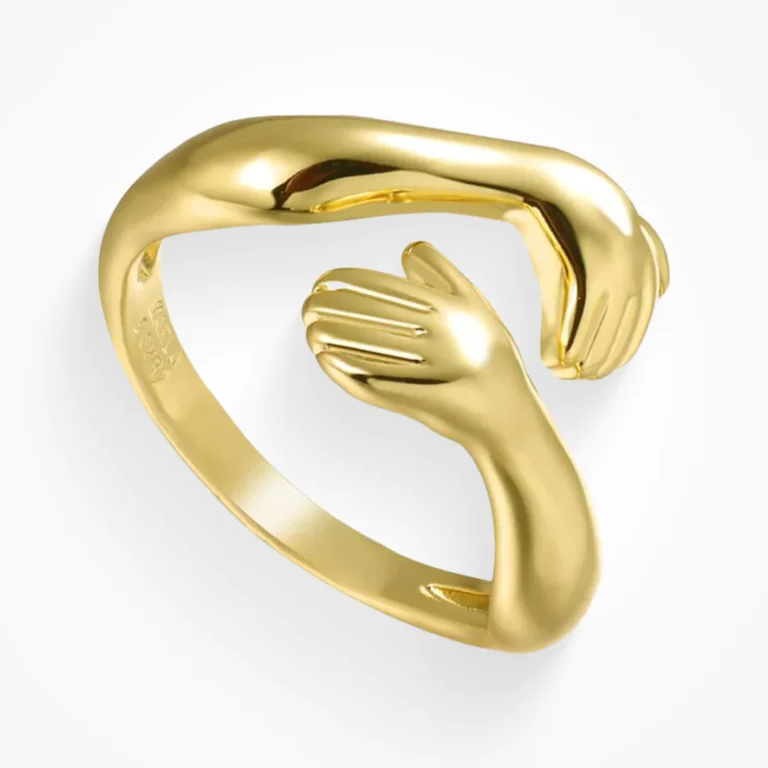Do lab grown diamonds pass a diamond tester? You can now find out
Are you curious about lab grown diamonds? Lab grown diamonds are grown on the top of the ground. They differ from “natural” diamonds that grow under it. Some people call them “synthetic diamonds.” Lab grown diamonds, as their moniker suggests, are grown inside of modern laboratories. They depend on technological practices that copy how diamonds grow in the “real world.”
Why are these diamonds getting traction? They’re considered to be authentic diamonds physically, visually and chemically. Although they’re like diamonds that are earth mined, many people prefer them. These individuals think that lab grown diamonds surpass earth mined ones as far as ethics go. They often think that these diamonds are prettier. Lab grown diamonds also tend to cost a lot less.
If you’re contemplating perhaps purchasing lab grown diamonds, one thing may be on your mind. You may ask yourself the pressing question. “Do lab grown diamonds pass a diamond tester?” Fortunately for you, the correct response is yes. Unveiling the answer to the question “do lab grown diamonds pass a diamond tester” may open your eyes.
Diamond that are grown in labs test as being “bona fide” diamonds. Test results confirm that regularly. Why do these stones get positive outcomes? They do so due to the fact that they consist of crystallized carbon. Diamonds that are mined consist of that same carbon.
The reality is that lab grown diamonds are equipped with the traits that mined diamonds have. That paves the way for their “genuine” test results. Lab created diamonds are no different than mined stones thanks to the fact that they’re both unadulterated carbon. Do lab grown diamonds pass a diamond tester? The response may seem obvious. Do lab grown diamonds pass a diamond tester? The answer ties in with the fact that lab grown stones aren’t fakes.
Although there’s no disputing that lab grown diamonds are authentic, it’s crucial to remember one thing. Testing diamonds that are lab grown is generally trickier. Why is that? Lab diamond growth involves various techniques. It involves timespans that aren’t always the same, too. This brings on crystal densities that aren’t always consistent. These densities bring on thermal conductivity levels that aren’t always consistent, too. It isn’t unheard of for lab diamonds to get Moissanite readings. If this type of reading pops up, it may bring on the need for additional tests.
It can be beneficial to be aware of the stone varieties that are able to get through diamond testers. Lab grown diamonds can. Natural diamonds can. Moissanite can, too. Don’t forget that the last option isn’t even classified as being a diamond in the slightest. What makes these things pass? A diamond tester that’s a handheld device exclusively assesses whether gems have heat conducting talents. They do not tackle testing for unadulterated carbon levels. That’s precisely the reason that you should never ever assume that any diamond tester is infallible. It can be smart to think of diamond testers as being single stops on your stone assessment journey.
You should never make the mistake of assuming that diamonds that are grown inside of labs are considered “artificial” by others. They aren’t considered artificial at all. They’re legitimately authentic. People who do not have professional experience with diamonds often think that natural and lab grown stones are similar visually. If you get lab grown diamonds that epitomize superior caliber, they will look exactly like natural options.
Do lab grown diamonds pass a diamond tester? Get the Scoop
Are you still wondering “do lab grown diamonds pass a diamond tester?” All you have to do is zero in on the crew at Rare Carat. Rare Carat has the honor of being the United States’ finest diamond engagement ring guidance group. If you want to learn the nuances of diamond engagement rings, you can lean on the Rare Carat staff. Do lab grown diamonds pass a diamond tester? You can stop asking yourself that. Do lab grown diamonds pass a diamond tester? You can tell everyone the answer to that yourself now.









